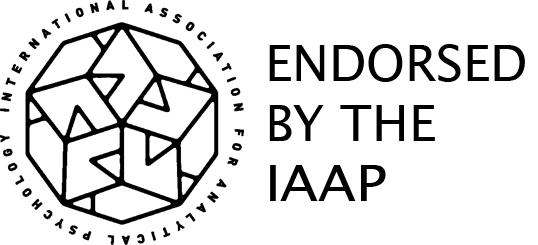Philip Bromberg offered a helpful way of thinking about enactment in therapy, as the “royal road” by which dissociated experience can come to be known and worked through. As Bromberg implied in his use of the image of “potholes” to describe the bumpiness of this “road,” enactments often hurt! And may feel like a breakdown. One of the hardest experiences for therapist and patient alike is when an enactment of trauma seems too big to work through together. Ruptures may be opportunities for transformative repair, but the danger of harm is real, and so is the vulnerability of both parties in the work.
In this ten-week class, through readings and discussions we will work to expand our own and each other’s reflective space for thinking about ruptures in our own experience— as therapists, as patients, and as witnesses. We’ll consider Robert Jay Lifton’s thoughts about “moral injury,” and apply it to the impacts we and our patients may experience when faith in therapy itself is shaken. We’ll look at a range of ruptures, from outright boundary violations to more subtle kinds of impasse. We’ll discuss Sandor Ferenczi’s idea that, in working with traumatized patients, the therapist may inevitably be pulled into enacting the abuser role—and Jessica Benjamin’s thinking about what it means for a therapist to bear “the bad” in such painful situations. We’ll also be considering that traumatizing societal norms, such as white supremacy and misogyny, may be enacted harmfully in therapy, and how to work on undoing the dissociation which can pull us into re-enactments.
Participants will be encouraged to do their own reflective brief writing in response to each reading, and to make connections between the readings, clinical experience, and other readings or sources of helpful insight for our discussions.


